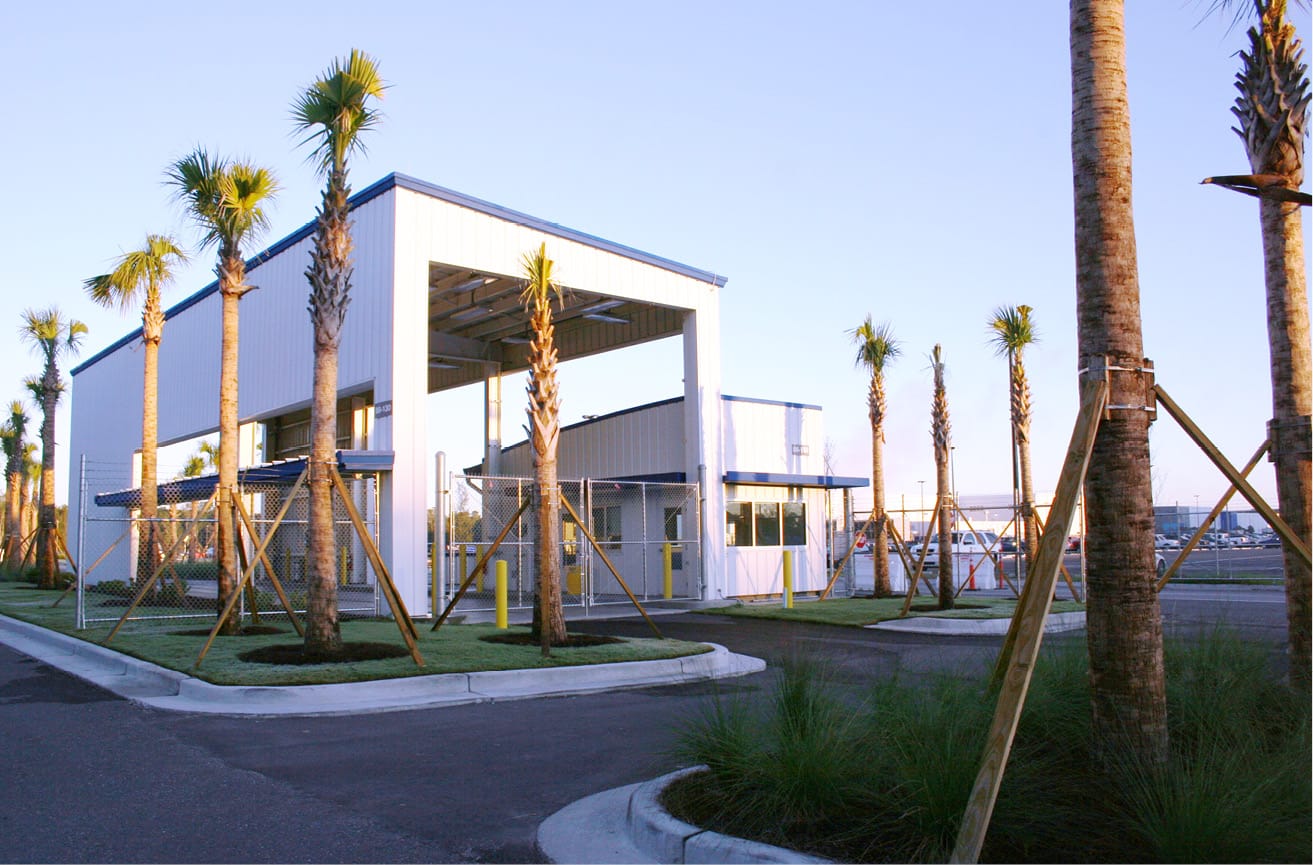Boeing, a leading aerospace manufacturer, has recently taken significant steps to enhance the quality assurance processes within its factories. The company has decided to implement more surprise quality checks as part of a broader strategy to improve the reliability and safety of its aircraft. This move comes in response to previous challenges the company has faced regarding quality control and regulatory scrutiny.
The decision to increase the frequency of unannounced inspections is a proactive measure aimed at ensuring that all manufacturing processes adhere to the highest standards. Boeing’s leadership recognizes the importance of maintaining rigorous quality checks, especially in light of the critical nature of the aerospace industry, where safety is paramount. By instituting these surprise inspections, the company seeks to foster a culture of accountability and continuous improvement among its workforce.
In recent years, Boeing has faced significant challenges related to quality control, particularly in the wake of the 737 MAX crisis. The grounding of the 737 MAX fleet and the subsequent investigations highlighted the need for enhanced oversight and a more robust quality assurance framework. As a result, Boeing has been actively working to rebuild trust with regulators, customers, and the flying public. The introduction of surprise quality checks is seen as a crucial component of this effort.
The new quality assurance measures will involve a team of dedicated inspectors who will conduct random assessments of various stages of the manufacturing process. These inspectors will evaluate compliance with established protocols, assess the quality of materials used, and ensure that all safety standards are met. By implementing these measures, Boeing aims to identify and address potential issues before they escalate, thereby mitigating risks associated with production defects.
Furthermore, Boeing’s commitment to quality assurance extends beyond just the manufacturing floor. The company is also focusing on enhancing its supply chain management practices. Suppliers play a vital role in the production of aircraft components, and ensuring their adherence to quality standards is essential. Boeing is working closely with its suppliers to implement similar quality checks and ensure that all parts meet the company’s stringent requirements.
The aerospace industry is characterized by its complexity and the critical nature of its products. Aircraft must undergo rigorous testing and certification processes before they can be deemed safe for public use. As such, Boeing’s decision to enhance its quality checks aligns with industry best practices and regulatory expectations. The Federal Aviation Administration (FAA) and other regulatory bodies have emphasized the need for manufacturers to maintain high-quality standards, and Boeing’s proactive approach is intended to demonstrate its commitment to compliance.
In addition to improving safety and reliability, these enhanced quality checks are expected to have positive implications for Boeing’s reputation in the market. Customers, including airlines and leasing companies, are increasingly prioritizing safety and quality when making purchasing decisions. By reinforcing its commitment to quality assurance, Boeing aims to position itself as a leader in the industry and regain the confidence of its stakeholders.
The introduction of surprise quality checks is also part of a broader cultural shift within Boeing. The company is striving to create an environment where employees feel empowered to prioritize quality and safety in their work. Training programs and workshops are being implemented to educate employees about the importance of quality assurance and the role they play in the overall production process. By fostering a culture of quality, Boeing aims to ensure that every employee understands their responsibility in delivering safe and reliable aircraft.
As Boeing continues to implement these new quality assurance measures, the company will closely monitor their effectiveness. Feedback from inspectors and employees will be collected to assess the impact of the surprise checks on production processes. Continuous improvement will remain a central focus, and adjustments will be made as necessary to enhance the overall quality assurance framework.
In conclusion, Boeing’s decision to add more surprise quality checks in its factories reflects a commitment to safety, reliability, and quality in aircraft production. By taking these proactive steps, the company aims to address past challenges and rebuild trust with regulators and customers. The enhanced quality assurance measures are expected to not only improve manufacturing processes but also contribute to Boeing’s long-term success in the competitive aerospace industry.



